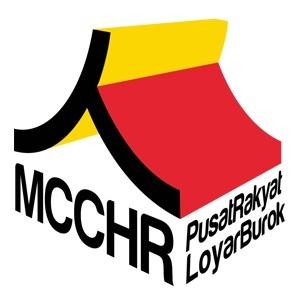1. Contact the Child’s Parent or Legal Guardian
The Police must try to contact the parent or legal guardian of the child.
2. Allow the Child to Inform Someone Where They Are
The Police should allow the child to inform someone where he or she is. Also, the Police should ask the child if he or she would like to request the presence of his or her parent(s) during questioning.
3. Make Sure At Least One Parent is Present During Questioning
A child should be accompanied by his or her parent or legal guardian when being questioned by the Police. The presence of parents or legal guardians is important to provide psychological and emotional assistance to the child as the maximum involvement of parents or legal guardians can contribute to an effective response from the child (UN Committee on the Rights of the Child).
For example, in some countries, the Police are obliged to find an ‘appropriate adult’ to come to the station to help the child and be present during questioning and searching. An ‘appropriate adult’ can be:
- The child’s parent, legal guardian or carer;
- A social worker; or
- Another family member or friend aged 18 or over.
4. Provide Access to Legal Advice
A child being questioned must have access to legal or other appropriate representative (UN Committee on the Rights of the Child).
5. Get Medical Help if Necessary
It is important that if a child is feeling ill, the Police should get medical help immediately.
6. Best Interest of the Child Should Be The Priority
The Convention on the Rights of the Child, which Malaysia is a party to, requires that the best interests of the child should be the primary consideration in all decisions taken with regard to children who come into contact with law enforcement authorities.
In practical terms, this could mean that the Criminal Procedure Code (CPC) applicable to adults should not apply to children because children differ from adults in their physical and psychological development, and their emotional and educational needs; or if the CPC is applied, there must be additional rights afforded to the child.


I do not think there is a list of six questions that the police should routinely ask children, just by the fact that it is quite difficult to obtain some relevant information from them. Very often, any information obtained from those can be challenged if it was taken without the supervision of a parent or legal guardian.
kids